Cyber Security
The World Wide Web has created greater opportunities on one side and on the other side it has also given birth to a new nature of crime – Cybercrime. Cybercrime is an unlawful act wherein the computer is either a tool, a target or both. Cyber Crime has evolved from individual crime to organized crime and now more as a terrorist activity. Therefore, it is imperative to understand the various aspects of cyber security to protect life as well as livelihood.
Nature of Cyber Crime

- Financial crimes involve cheating, credit card fraud, money laundering, forgery of documents including currency and any other documents etc.
- Cyber Pornography involves the production and distribution of pornographic material.
- Sale of illegal articles such as narcotics, weapons, wildlife etc.
- Online Gambling
- Intellectual Property Crimes such as theft of computer source code, software piracy, copyright infringement, trademark violations, etc.
- Harassments such as Cyber Stalking, cyber defamation, indecent and abusive mail, etc.
- Viruses, Trojans and Worms
- Cyber Attacks and Cyber Terrorism
Pornography and Obscenity
- Pornography is describing or showing sexual acts in order to cause sexual excitement through books, films, etc. The word “obscene” is defined as something offensive to modesty or decency, lewd, filthy and repulsive.
- The concept of obscenity differs from country to country depending on the standards of morals of that society. Obscenity has a tendency to corrupt those whose minds are open to such immoral influences.
- Pornography itself does not constitute an offence/crime but pornography that is obscene, immoral, against public policy and detrimental to public welfare is an offence/crime under Indian legislation.
- In India, the legal provisions that regulate obscenity are sections 292, 293 and 294 of the Indian Penal Code, sections 3 and 4 of the Indecent Representation of Women (Prohibition) Act and section 67 of the Information Technology Act. The Information Technology Act prohibits the publishing of information that is obscene in nature in electronic form.
Understanding the Dark Web
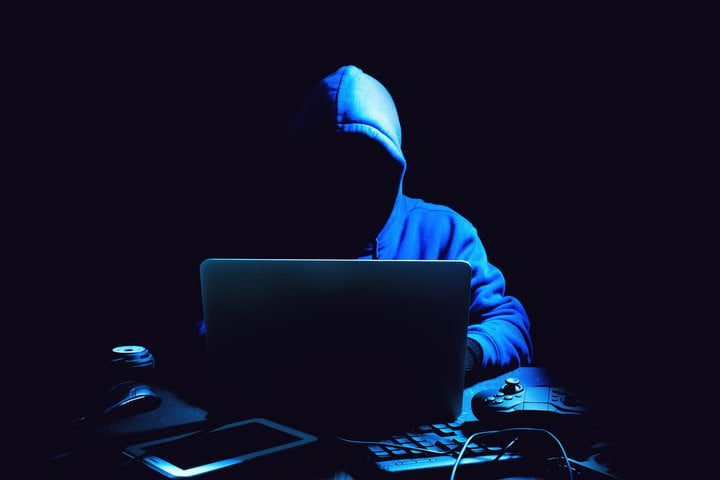
The Dark Web is a hidden part of the internet for ordinary web users. It is extremely anonymous and inaccessible to search engines. Private databases and login-protected websites make up the Deep Web, which search engines like Google fail to index.
The Dark Web is known for its privacy. Traditional online conversations leave digital footprints, whereas Dark Web users utilize pseudonyms. Specialized networks like Tor (The Onion Router) and I2P (Invisible Internet Project) provide anonymity. These networks allow access to ‘.onion’ domains, which search engines don’t index.
Why the Dark Web Is Dangerous
The Dark Web is known for notorious reasons. It is a hub for illicit activities, making it a breeding ground for cybercrime.
The Dark Web’s illegal markets contribute to its deadly reputation. Dealers sell illegal drugs, guns, stolen data, and hacking equipment here. Cybercriminals use it to buy or sell credit card-related personal information.
The anonymity that draws people to the Dark Web empowers criminals. Cybercriminals use this cover-up to commit cyberattacks, fraud, and extortion. Law enforcement finds it difficult to catch them since they can operate without being traced.
The Dark Web has many cybercrime forums and communities. These platforms allow hackers to share tools, strategies, and services for the highest price. Hackers learn from other experts, threatening global cyber security.
The Dark Web has frightening content, including unlawful pornography to extreme violence, however, such rooms are disputed. Accessing such stuff is illegal and mentally harmful.
Access to Advanced Cyber Weapons
State-sponsored hackers and cyber espionage groups exchange advanced cyber weaponry and intelligence on the Dark Web. These tools threaten national security and corporate data integrity by targeting key infrastructure, government networks, and private enterprises.
The Dark Web is a secret digital underworld that poses security risks for most internet users. While it’s not inherently evil, its anonymity fosters cybercrime. Understanding the Dark Web illuminates cyber security dangers and the need to protect our digital environments. It also stresses the importance of law enforcement monitoring and adapting to cyber threats.
Securing the Digital Assets: Cyber Security Best Practices
In today’s interconnected world, cyber security is more important than ever. Cybercriminals relentlessly exploit vulnerabilities, so individuals and organizations must establish strong defences. Therefore, it is important to understand cyber security best practices to secure vital digital assets and defend against online threats.
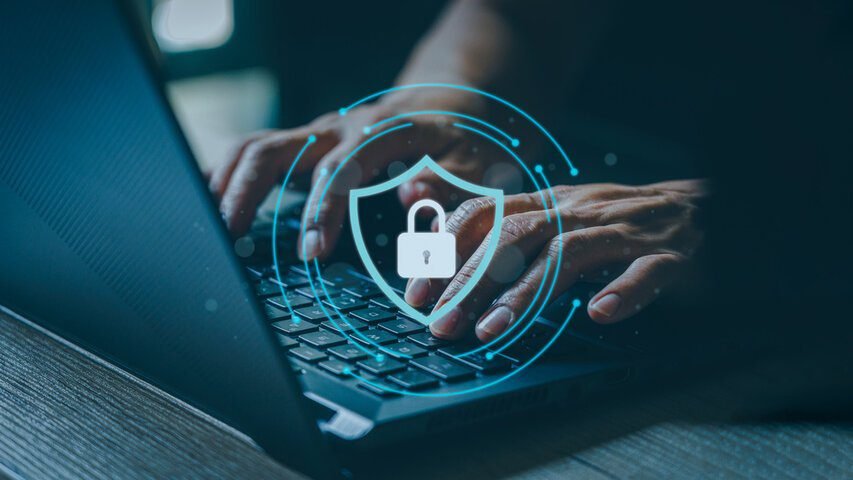
Strengthening Your Digital Perimeter
To secure your digital presence, start with Strong passwords and authentication. Create complex, unique and frequently updated passwords. Consider two-factor authentication for extra security.
Outdated software weakens your defence. Regularly update your operating system, applications, and antivirus software to fix vulnerabilities.
Firewalls act as gatekeepers, controlling incoming and outgoing traffic. Use them to filter out potentially harmful data and protect your network.
Informing and Empowering Users
Besides all these security practices, the most important one is the awareness among users of digital infrastructures. This includes:
Cybersecurity Training for each individual to identify phishing emails, suspicious links, and other common cyber threats.
Establish clear and comprehensive security policies, with norms of acceptable use, password management, and a system to report potential security incidents by employees.
Data Protection and Backup Strategies
Encrypt sensitive data to add an additional layer of protection.
Schedule regular backups of critical data. This assures you can recover from a cyberattack without major damages.
Data categorization ensures an extra layer of security. Organize data by sensitivity. This lets you secure essential data first.
Device and Network Security
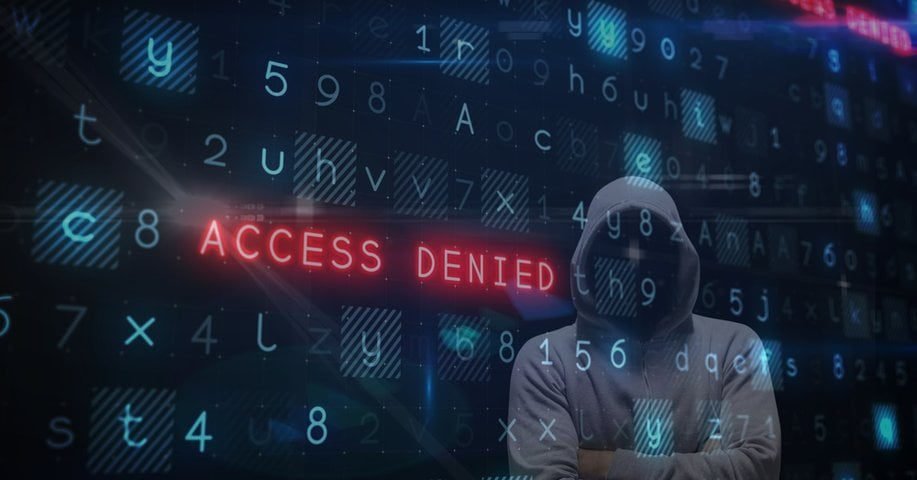
Cyberattacks enter through your devices and networks. Safeguard them by installing robust endpoint security software on all devices. This includes antivirus and anti-malware tools to detect and mitigate threats.
Segment your network to prevent attackers from moving inward. This limits their sensitive area access.
Access Control – Apply least privilege. Only grant access to resources that are necessary for an individual’s role or tasks.
Emergency Response and Recovery
Planning for the worst is vital because no security is perfect. This involves:
Create a detailed incident response plan for various cyber incidents.
Set up constant network and system monitoring to detect odd activity.
In a major breach, work with law enforcement to find and prosecute cybercriminals.
Supply Chain/Vendor Security
Evaluate your supply chain partners’ safety. Make sure they fulfil your cyber security standards.
Assess the security of vendors and suppliers who access your systems or data regularly.
Ensure vendors follow security best practices.
Regularly audit and monitor your vendors’ cyber security measures to verify compliance.
Cyber security is a complex business and requires a holistic strategy. These best practices can boost your cyber defences against the ever-changing cyber threat scenario. Cyber security is a continuous endeavour to protect your digital assets and sensitive data. As data becomes more valuable, investing in your digital fortress is a sensible decision.
Indian IT Act and Cyber Laws
- The IT Act 2000 provides ways to deal with cyber crimes.
- The Act empowers government departments to accept the filing, creating and retaining official documents in digital format.
- The Act has proposed a legal framework for the authentication and origin of electronic records/communications through digital signatures. Because of this email is now a valid and legal form of communication in India that can be duly produced and approved in a court of law.
- The Act has given a legal definition to the concept of secure digital signatures that would be required to have been passed through a system of security procedure, as implemented by the Government.
- The legal infrastructure provided by the Act allows companies to carry out e-commerce activities.
- The Act allows the Government to issue notifications on the web in order to boost e-governance.
Cyber Security Appellate Tribunal
The Cyber Appellate Tribunal is set up as a statutory organization, in accordance with Section 48 (1) under the IT Act 2000, for the purposes of discharging its functions under the I.T. Act. The tribunal is vested with the same powers that are vested in a civil court.
Cyber Surakshit Bharat
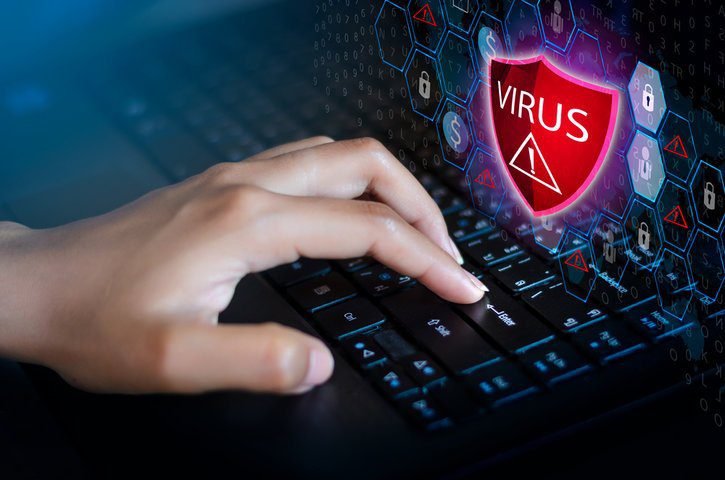
- Ministry of Electronics and Information Technology (MeitY) has launched the Cyber Swatchta Kendra, a Botnet Cleaning and Malware Analysis Centre) as a part of the Indian Computer Emergency Response Team (CERT-In). It provides free mobile and desktop security solutions.
- Awareness of end-users on cyber security is another important aspect, which is promoted under Cyber Surakshit Bharat.
Cyber Security & Ethics
Cyber ethics is a set of “moral choices” individuals make when using the Internet. The acceptable behaviour in the real world is also acceptable in cyberspace. It includes:
- No copying of information or downloading of copyrighted material to share
- Avoiding false identity, and foul language while communicating over the Internet
- Avoid sharing personal information with strangers
- Respecting and protecting the privacy of others
- Respecting and protecting the intellectual property of others
Cyber ethics seems to cover two sorts of problems. The first set of problems is “dysfunctional human behavior” on the internet that includes; flaming, hacking, harassment, misinformation, obscenity, plagiarism, and viruses & worms. The second set deals with legal and ethical issues and equates cyber-ethics with cyber-crime.


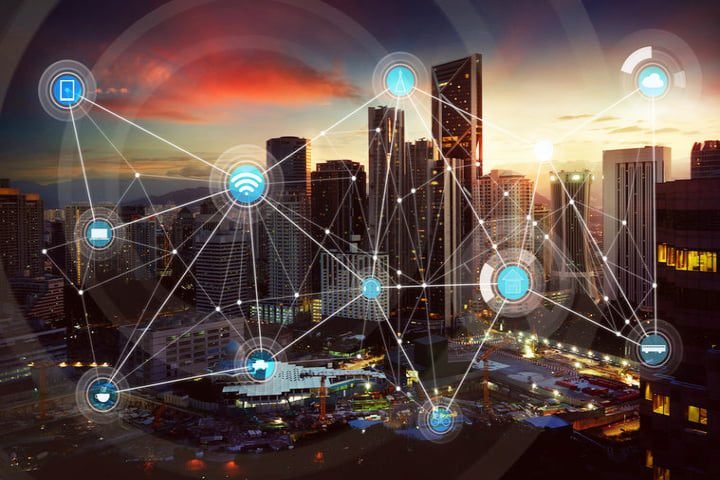


I appreciate your emphasis on the role of awareness and education in promoting cybersecurity. Many people are unaware of the risks and the simple steps they can take to protect themselves. Your blog serves as a valuable resource for spreading this knowledge.
Really a fantastic & helpful post. Cybersecurity is the backbone of our digital world. Let’s prioritize vigilance and proactive measures to safeguard against evolving threats.